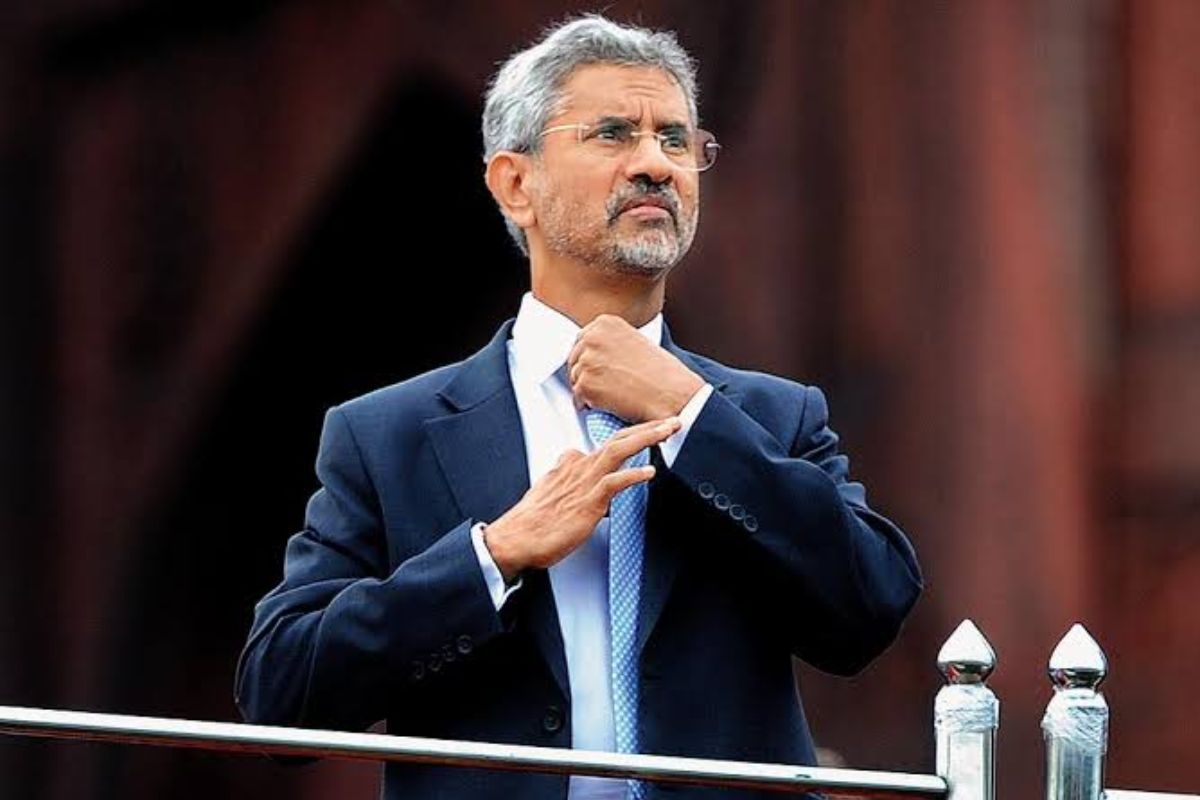


New Delhi: India’s External Affairs Minister Dr. Subramanyam Jaishankar emphasised the need for reforms within the UN during his address on Thursday. He highlighted the inadequacy of the current system in addressing global challenges, citing the significant expansion in membership since its inception. Jaishankar underscored the urgency for reform, pointing out the failure to find multilateral solutions to major issues in recent years, which he attributed partly to the manipulation of global trading rules by certain countries for their advantage.
Speaking at the Raisina Dialogue on February 22 in a session titled ‘A Tapestry of Truths: Can the Two Hemispheres Agree?’, Jaishankar, alongside other distinguished leaders, stressed the imperative of reforming the multilateral system. He championed India’s role as a “Universal Friend,” advocating for shared values, interests, and sentiments to contribute to the common good. Reflecting on India’s influential position during its G20 Presidency, he emphasized its role as a bridging power.
Detailing the case for radical change in multilateral institutions like the UN, Jaishankar acknowledged the complexity of finding consensus on significant issues. He lamented the dominance of certain players and the resulting lack of progress, emphasizing the necessity of incremental change and coalition-building.
Echoing Jaishankar’s sentiments, Dutch Minister for Foreign Affairs, Hanke Bruins Slot, emphasized India’s potential to bridge divides between the West and the Global South, advocating for a reformed multilateral system that accommodates diverse perspectives. However, Tanzanian Foreign Minister January Makamba highlighted the failure of Western-centric approaches to yield positive outcomes in multilateral forums, calling for a reassessment of existing systems.
In contrast, the Diplomatic Advisor to the President of the UAE, Anwar Bin Mohammed Gargash, emphasized the importance of respecting diversity in global cooperation, advocating for a nuanced approach that acknowledges differing values and perspectives.
The discussion unfolded against the backdrop of ongoing global challenges, including a European conflict and tensions between the West and the Global South. Participants debated the efficacy of existing multilateral institutions and the potential for emerging powers to forge alternative coalitions. Key questions emerged regarding the rebuilding of trust in the international system, the role of emerging powers, and the need to redefine the narrative surrounding the “Global South.”
In conclusion, Jaishankar’s advocacy for UN reform underscores India’s commitment to global leadership and its vision for a more inclusive and effective multilateral system.
Topics discussed also raised questions:
This polarised reality underscores the pressing need for innovative solutions and collaborative efforts to navigate the complex challenges confronting the international community.